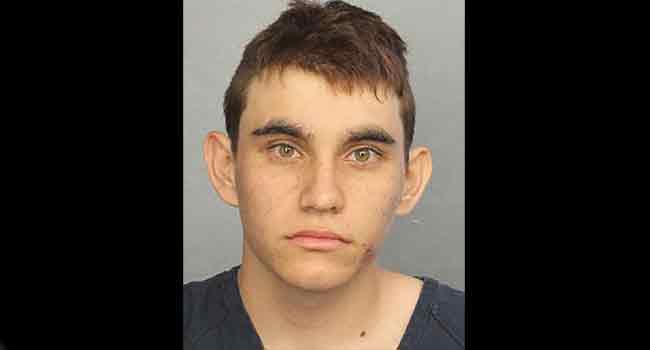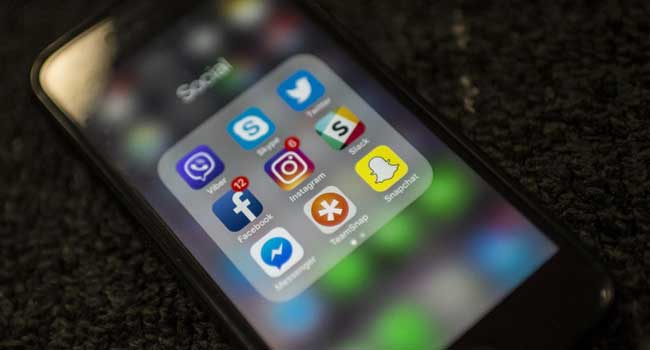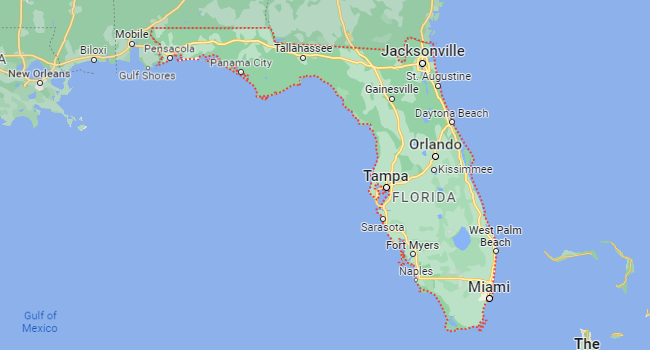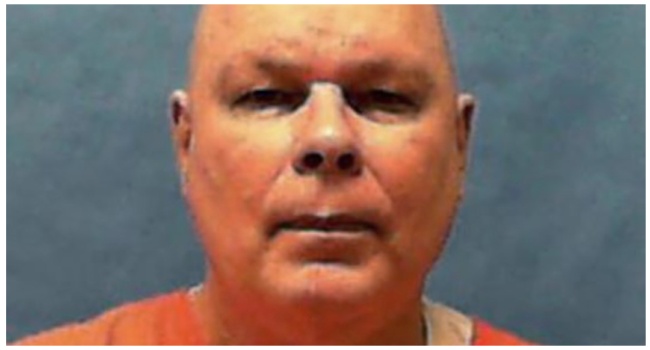
A troubled teenager accused of murdering 17 people at his former high school in Florida had white supremacist ties, it emerged Thursday, as the FBI admitted it received a tip-off about the 19-year-old gunman, yet failed to stop him.
As Americans reeled from the country’s worst school massacre since the horror at Sandy Hook six years ago, President Donald Trump suggested the root cause of the violence was a crisis of mental health — and defied calls to address gun control.
Terrified students hid in closets and under desks on Wednesday at Marjory Stoneman Douglas High School in Parkland, texting for help as the gunman, Nikolas Cruz, stalked the school with a semi-automatic AR-15 rifle.
Charged with 17 counts of premeditated murder, Cruz appeared Thursday afternoon before a judge who ordered him held without bond.
In a somber televised address to the nation in response to the 18th school shooting so far this year, Trump announced plans to travel to Florida to meet the shocked community, located north of Miami.
He vowed to make mental health a priority — after tweeting about the “many signs” that the shooter was “mentally disturbed” — but avoided any talk of gun curbs to stem the bloodshed.
“My fellow Americans, today I speak to a nation in grief,” said Trump, calling on his fellow citizens to “come together as one nation” and “answer hate with love, answer cruelty with kindness.”
Earlier in the day, Trump had asserted that “neighbors and classmates knew he was a big problem. Must always report such instances to authorities, again and again!”
But US authorities themselves were under scrutiny, after the FBI confirmed it was alerted last September to a message posted on YouTube, in which a user named Nikolas Cruz vowed: “I’m going to be a professional school shooter.”
In a statement, the FBI said it had carried out “database reviews and other checks” but was unable to identify the person who made the post.
‘Something was off’
Expelled from school for disciplinary reasons, Cruz was known to have firearms at home — and had reportedly been identified as a potential threat to his classmates.
“I met him last year, he was in my class at the beginning of the year and when I first met him, I knew that something was off about him and he was kind of weird,” Manolo Alvarez, 17, told AFP.
Troubling new details emerged Thursday about Cruz’s past, as the Anti-Defamation League reported he was a member of a white supremacist group and had taken part in military-style training exercises.
Jordan Jereb, believed to lead the shadowy Republic of Florida (ROF), told the rights group that his organization had not supported Cruz’s attack.
“Nobody I know told him to do that, he just freaked out,” Jereb said in a separate interview with The Daily Beast, adding that Cruz “seemed like just a normal, disenfranchised, young white man.”
“I don’t know precisely what he believes,” he said. “I know he knew full well he was joining a white separatist paramilitary proto-fascist organization.”
Broward County Sheriff Scott Israel previously said authorities were dissecting Cruz’s social media history, and that “some of the things… are very, very disturbing.”
He also suggested the authorities were powerless to stop such crimes.
“If a person is predisposed to commit such a horrific event by going to a school and shooting people … there’s not anybody or not a lot law enforcement can do about it,” Israel said.
‘Failing our kids’
Fifteen people were killed at the high school, and two later died in hospital.
One of those killed was Aaron Feis, a well-loved football coach in Parkland, a city of about 30,000 people.
Two of the wounded remained hospitalized in critical but stable condition, while six others were on the way to a full recovery, officials told a news conference.
The school shootings are part of a broader epidemic of gun violence in a country that loses 33,000 people to gun-related deaths each year, two-thirds of them suicides.
While the latest mass shooting reignited questions about America’s gun laws, Trump — the first president to have addressed the powerful National Rifle Association gun lobby — staunchly opposes any additional gun controls.
Opponents of gun curbs have sought to steer public debate onto the motives — and mental health — of people using the weapons.
Former Democratic president Barack Obama issued a new appeal for action Thursday, insisting “we are not powerless.”
“Caring for our kids is our first job. And until we can honestly say that we’re doing enough to keep them safe from harm, including long overdue, common-sense gun safety laws that most Americans want, then we have to change,” he tweeted.
But many have given up hope of meaningful reform in a majority-led Republican Congress where Obama failed to enact gun curbs amid partisan rancor.
Since January 2013, there have been at least 291 school shootings across the country — an average of one a week, according to the non-profit group Everytown for Gun Safety.
“It is pretty clear that we’re failing our kids here,” said Melissa Falkowski, a teacher who squeezed 19 students into a closet at the high school to shield them from harm.
AFP



